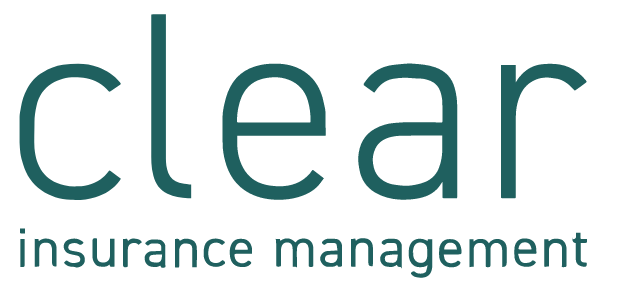Believe it or not, Artificial Intelligence (AI) is not new. Over the years we've seen AI progress from computers beating chess masters in 1997 to defeating human rivals on quiz shows in 2011, and even interacting with humans as far back as the 1960s. Today, AI has shifted from the hands of scientists to being accessible to anyone with internet access, becoming part of everyday life.
AI isn’t perfect; it's still developing and prone to failure. But like the internet, AI is here to stay and will likely integrate into daily routines. As a HR professional, I'm not a technical expert, but I recognise its potential to transform work processes and its impact on businesses.
Opportunities
AI’s main appeal lies in its computing power, providing some great opportunities:
- Efficiency in Recruitment: AI can rapidly scan applications, identifying key qualifications like driving licenses or industry related certificates.
- Support for Creativity: It can generate interview questions, advertising slogans, and presentation prompts, aiding HR and management.
- Data-Driven Insights: Future AI software could analyse company-specific data and offer suggestions on potential changes to policy or introduction of new policies.
- New Job Roles: As AI integrates into operations, new roles could emerge, similar to the rise of YouTube influencers as a career (who saw that coming?)
Things to Consider
Whilst the benefits of AI are promising, it isn't a fix-all solution. When looking at implementing AI in the business, and specifically the HR Function, we should consider:
- Accuracy Issues: AI can generate misleading information so we should always verify outputs with reliable sources.
- Bias in Decision-Making: AI can reflect biases in the data put into it which may affect outcomes, especially if you’re using it as part of your recruitment process, so human oversight still remains essential.
- Intellectual Property Risks: AI might use copyrighted content without permission so we should be cautious with AI-generated outputs.
- Job Impact: Automation could affect roles which could be negative or positive depending on the employee. Whilst it may lead to the streamlining of roles it may generate roles for those who are adept at utilising it.
- Security Concerns: AI can aid in malicious activities. We should therefore monitor and verify information for authenticity and ensure that our security policies update in line with changes to where we utilise AI in the business.
- Operational Costs: AI systems are costly to build and maintain. Consider flexible, short-term subscriptions to adapt to rapidly evolving models rather than heavy short-sighted investments.
First Steps with AI
AI's staying power makes it valuable to explore. Start small with personal tasks to understand how it works, like asking for meal ideas based on fridge contents. Experiment with prompts to see what yields the best responses.
In a business context, consider how employees might use AI and its potential impact. Implement guidelines on appropriate AI use to prevent data breaches and set clear expectations.
Summary
AI can boost productivity, but mindful use is essential. Educating your teams on its benefits and pitfalls will help harness its potential while protecting your business. If you start to utilise it more within your business then upskilling staff to collaborate with AI tools will also be key as the technology continues to develop.
While we may not be AI experts, our HR Support and Advice Service is ready to assist with policy creation and employee management regarding AI usage.
If you have any questions, feel free to get in touch on 01302 341344 or by emailing hrsupport@thecleargroup.com.
Katie Chaffin, HR Administrator






